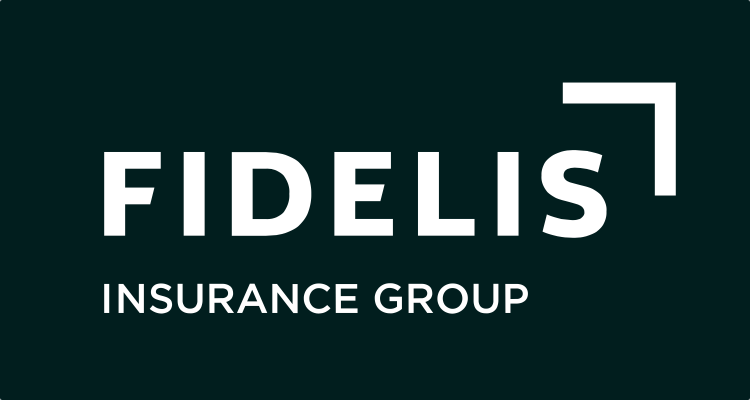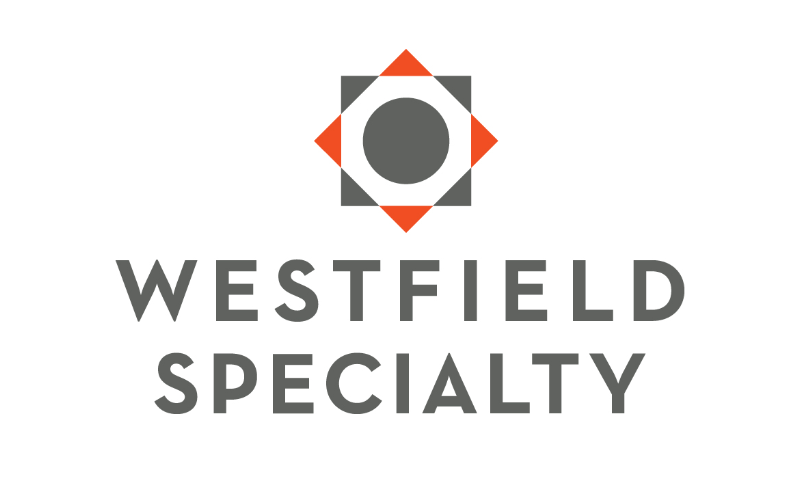Introduction
Picture this: you’ve just started your journey toward financial independence. You’re saving, investing, cutting unnecessary expenses—but one accident, illness, or disaster could derail all that hard work. Sounds terrifying, right?
That’s exactly why insurance isn’t just a backup plan. It’s a strategic tool that protects your wealth and helps you reach financial freedom faster. Let’s explore how.
Understanding Financial Independence
What is Financial Independence?
Financial independence means having enough income—whether through savings, investments, or passive streams—to live without relying on a traditional job.
The FIRE Movement
FIRE (Financial Independence, Retire Early) promotes aggressive saving and smart investing to escape the rat race decades earlier.
But here’s the kicker: most FIRE enthusiasts overlook the protection part of the plan. That’s where insurance comes in.
Types of Insurance That Impact Financial Independence
1. Life Insurance
Protects your family’s future if something happens to you. It’s especially important if others depend on your income.
2. Health Insurance
Medical bills can be brutal. Insurance keeps those from wiping out your savings.
3. Disability Insurance
Losing your ability to work is a major risk—this coverage protects your income stream.
4. Car Insurance
Essential if you drive. It protects you from financial loss in case of accidents.
5. Homeowners or Renters Insurance
Your home or belongings are valuable. Insurance keeps you from losing them due to theft, fire, or other disasters.
How Insurance Acts as a Financial Safety Net
One accident. One hospital stay. One house fire. These can cost you thousands—even millions—if you’re uninsured.
Benefits of Having Insurance
-
Helps avoid large, unplanned expenses
-
Keeps your savings and investments intact
-
Offers peace of mind to take calculated risks
Without insurance, you’re walking a financial tightrope without a net.
Insurance vs Savings: Why You Need Both
Savings Handle the Expected
Think holiday trips, home maintenance, or replacing your fridge.
Insurance Covers the Unexpected
Cancer treatment? Flood damage? Car accident? Insurance steps in when life throws you a curveball.
Together, savings and insurance keep your financial house standing.
Building Wealth by Preventing Loss
Wealth isn’t just about making money—it’s about keeping it.
Insurance prevents:
-
Medical bills draining your emergency fund
-
Lawsuits wiping out your assets
-
Property damage ruining your investments
Think of it like a dam: your financial river (income) flows strong, and insurance keeps it from bursting its banks.
Life Insurance: A Tool for Legacy and Planning
It’s not just about death—life insurance is a financial tool.
How It Helps
-
Provides for loved ones
-
Pays off debt (e.g., mortgage)
-
Funds education
-
Ensures estate liquidity
Bonus: Some policies build cash value that you can borrow against if needed.
Disability Insurance: Your Income’s Backup Plan
Imagine you can’t work for six months—or ever again. What then?
Disability insurance replaces a portion of your income so your financial independence journey doesn’t end with a single injury.
Example:
A 30-year-old software developer breaks their wrist and can’t code for months. With disability insurance? Covered. Without it? Hello, debt.
Health Insurance: Guarding Against Medical Debt
Even minor medical issues can cost thousands. A major illness? Bankruptcy-level expenses.
What Good Coverage Does:
-
Covers hospital stays, surgeries, medication
-
Includes wellness and preventative care
-
Limits your out-of-pocket max
Without it, your nest egg could be scrambled overnight.
Insurance and Budgeting
Yes, insurance has a monthly cost—but so does risk.
How It Helps
-
Premiums are fixed, making budgeting easier
-
Spreads out the cost of emergencies over time
-
Keeps you financially disciplined
When planning your monthly expenses, treat insurance like rent or groceries—non-negotiable.
Insurance and Investment Protection
Got a side hustle? Airbnb property? Freelance gig?
Business or investment ventures come with legal and physical risks. Specialized insurance can:
-
Cover liability claims
-
Protect against loss of rental income
-
Cover damage to business equipment
You’ve worked hard to build it—make sure it’s protected.
How Insurance Supports Your FIRE Strategy
During early retirement, income can be unstable. Insurance gives you:
-
Predictability
-
Protection during transition periods
-
Fewer financial disruptions
Some even use life insurance policies as part of their long-term investment strategy.
Common Insurance Mistakes That Hurt Your Finances
1. Underinsuring
You save on premiums but lose big in a claim.
2. Overpaying
Not comparing quotes or bundling policies can cost you.
3. Not Updating Policies
Your life changes—so should your cover. Marriage, kids, new car? Time to review.
Tips to Choose the Right Insurance Policies
-
Assess real risk (don’t pay for what you don’t need)
-
Choose enough coverage, not just the cheapest
-
Read the fine print
-
Update annually (or when life changes)
Bonus tip: Work with a financial advisor or independent broker to tailor your coverage.
Case Study: From Setback to Comeback
Meet Lerato.
She was 29, newly married, and just starting her journey to financial freedom. A car crash left her with a fractured leg and out of work for 4 months. Luckily, she had:
-
Disability cover: 70% of her income replaced
-
Medical insurance: Covered all hospital bills
-
Comprehensive car cover: Paid for repairs
Without insurance? She would have used her savings and dipped into her investments—delaying her financial independence by years.
Conclusion
Financial independence isn’t just about growing your wealth—it’s also about protecting it. Insurance is the invisible shield that guards your finances from life’s unexpected punches.
Don’t see insurance as a grudge purchase. See it as a strategy. A silent partner in your journey to independence. Because when the unexpected happens—and it will—insurance keeps your dreams on track.
FAQs
1. Can insurance really help me build wealth?
Yes. It protects you from major financial losses, ensuring your savings and investments grow uninterrupted.
2. Do I still need insurance if I have a large emergency fund?
Absolutely. Your emergency fund might not be enough to cover major events like surgeries or house fires.
3. What kind of insurance should I prioritize first?
Start with health, life (if you have dependents), and car insurance. Then consider disability and property coverage.
4. How do I know if I’m underinsured?
Compare your coverage to your current assets and income. If your policy wouldn’t cover a worst-case scenario, you’re underinsured.
5. Is life insurance a good investment strategy?
Some policies (like whole life) build cash value and can be used strategically—but they’re not a replacement for traditional investing.
Please don’t forget to leave a review.


